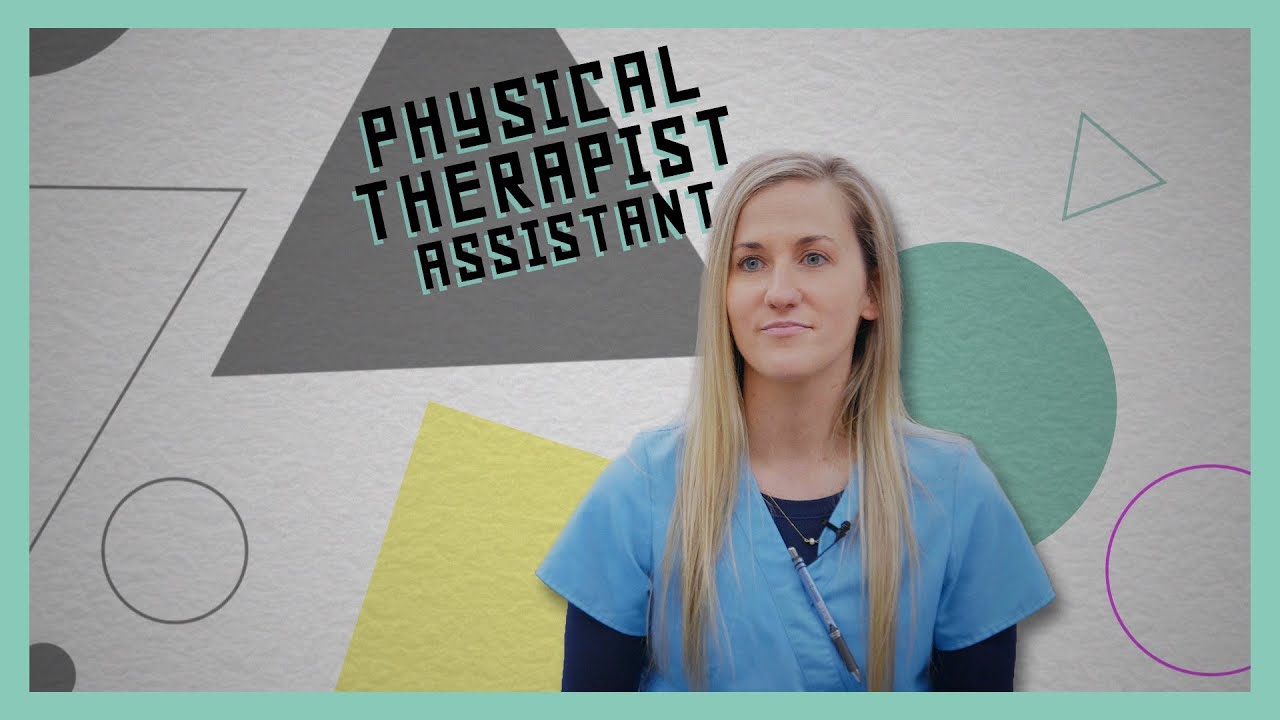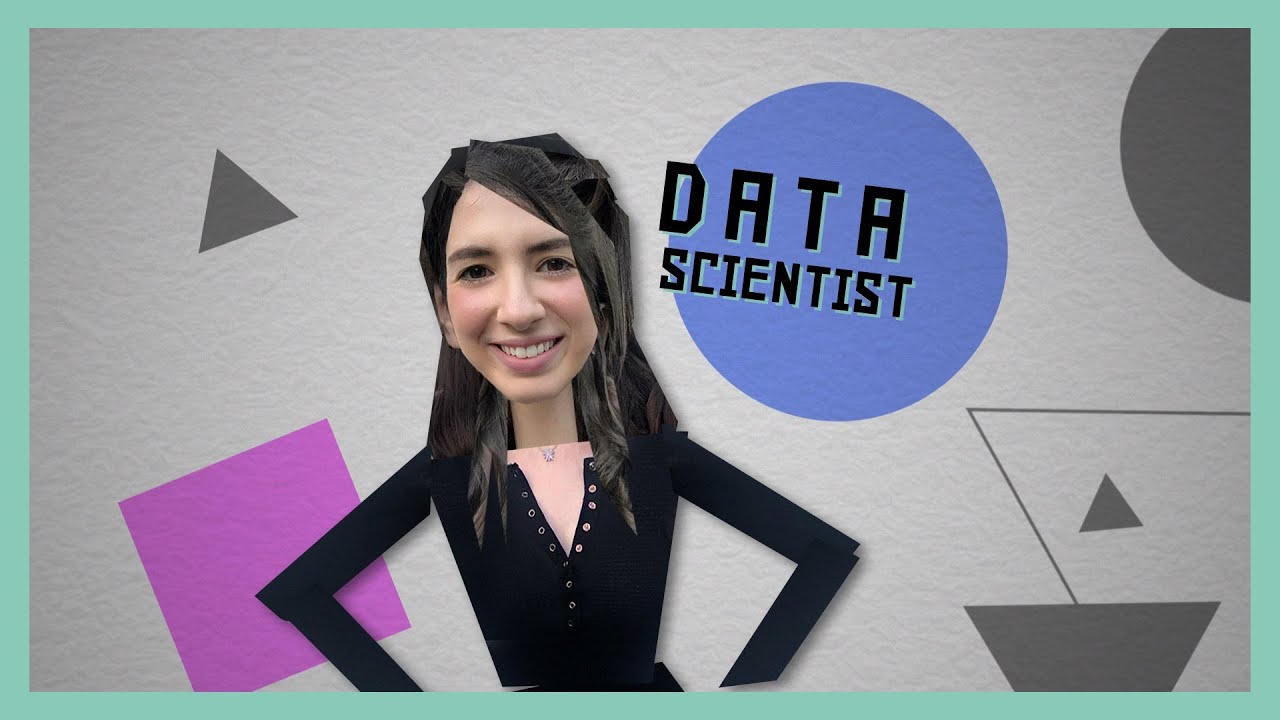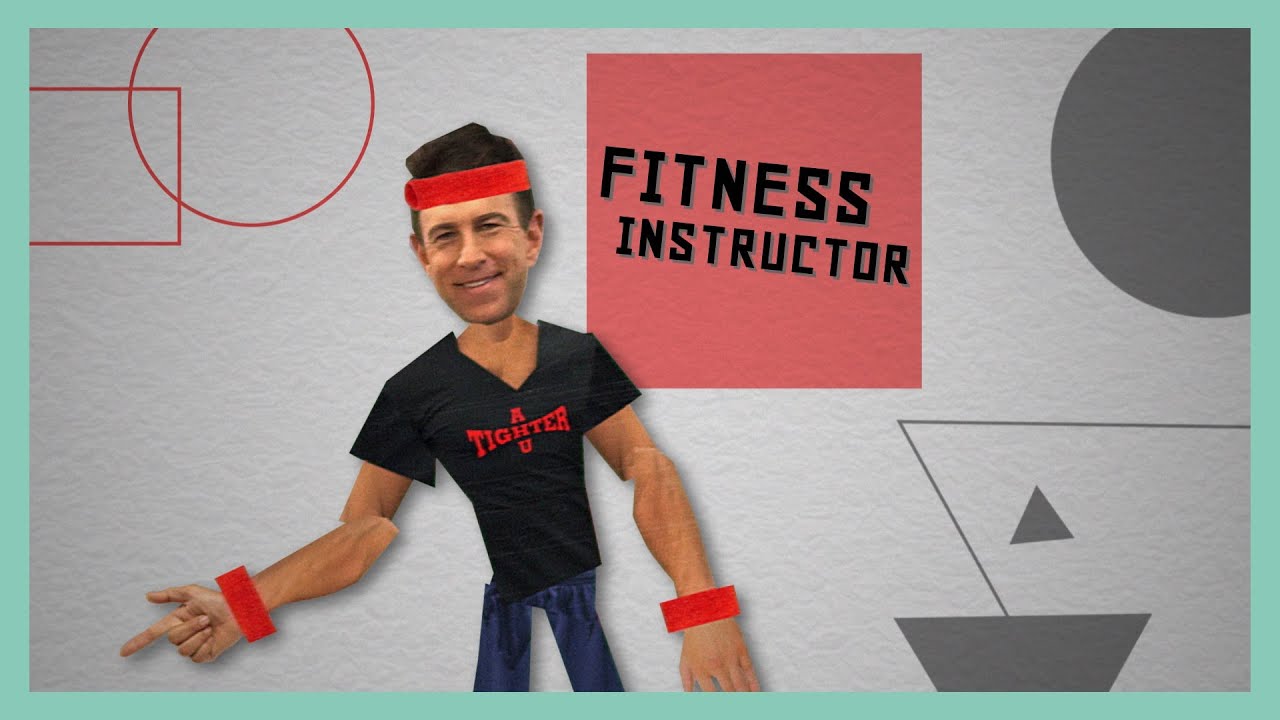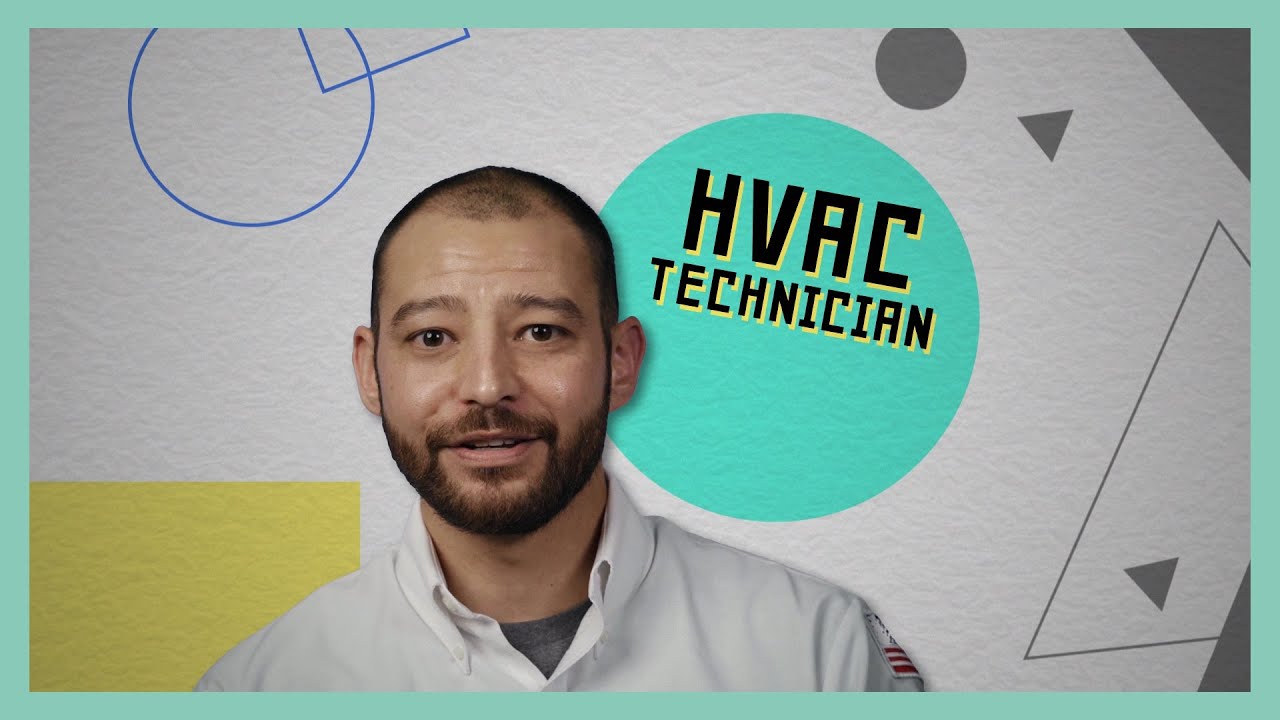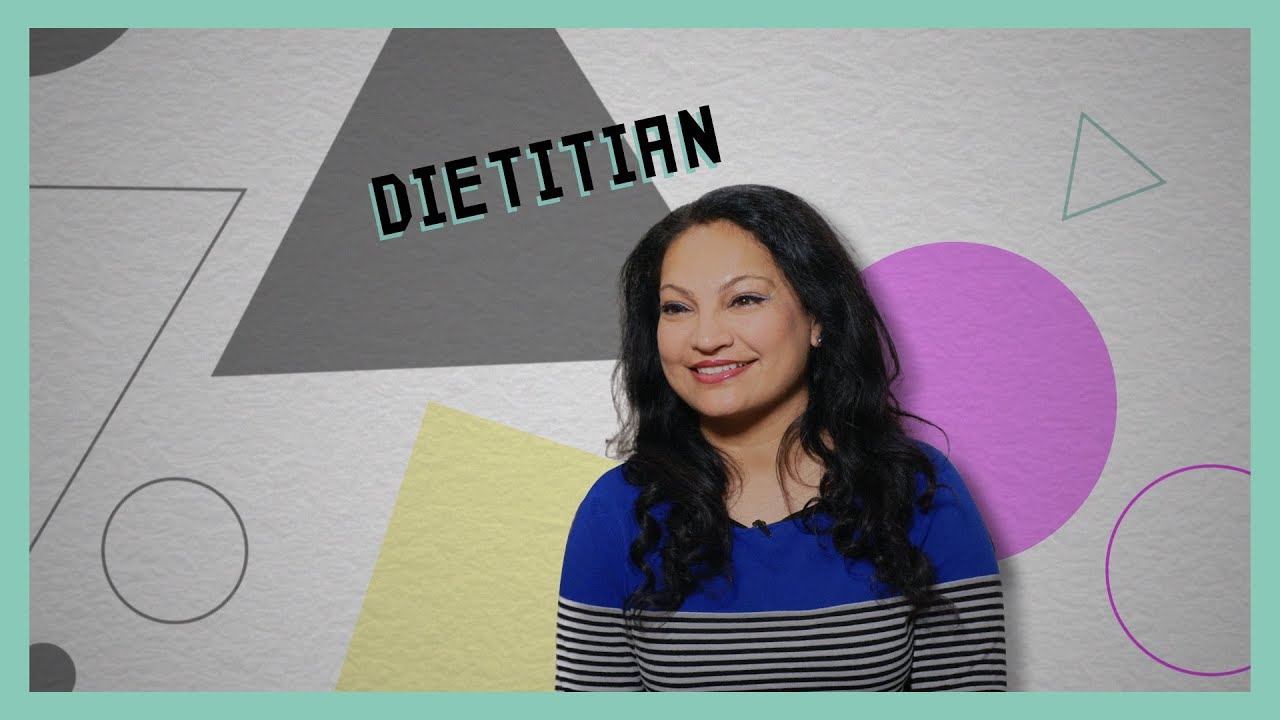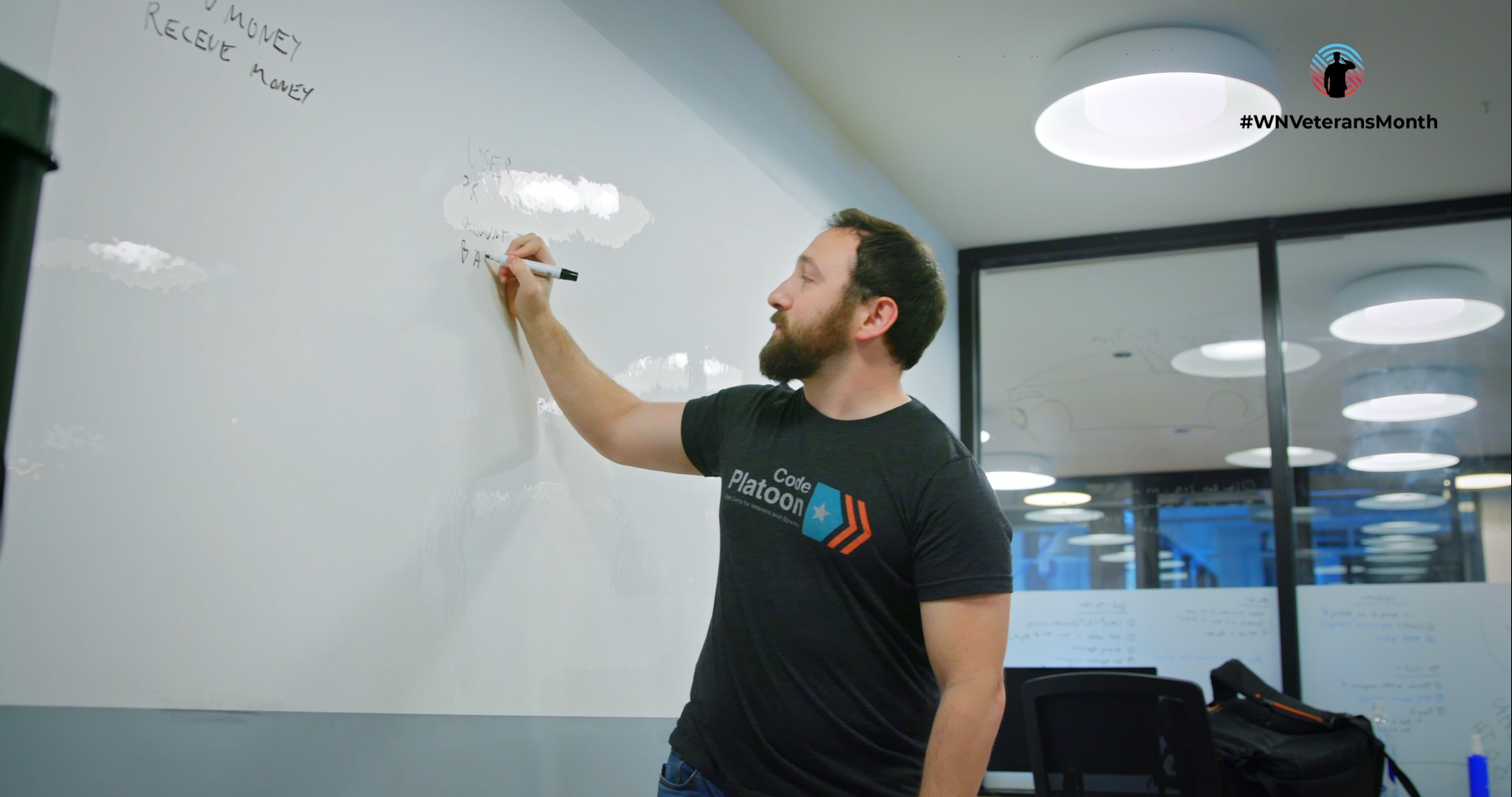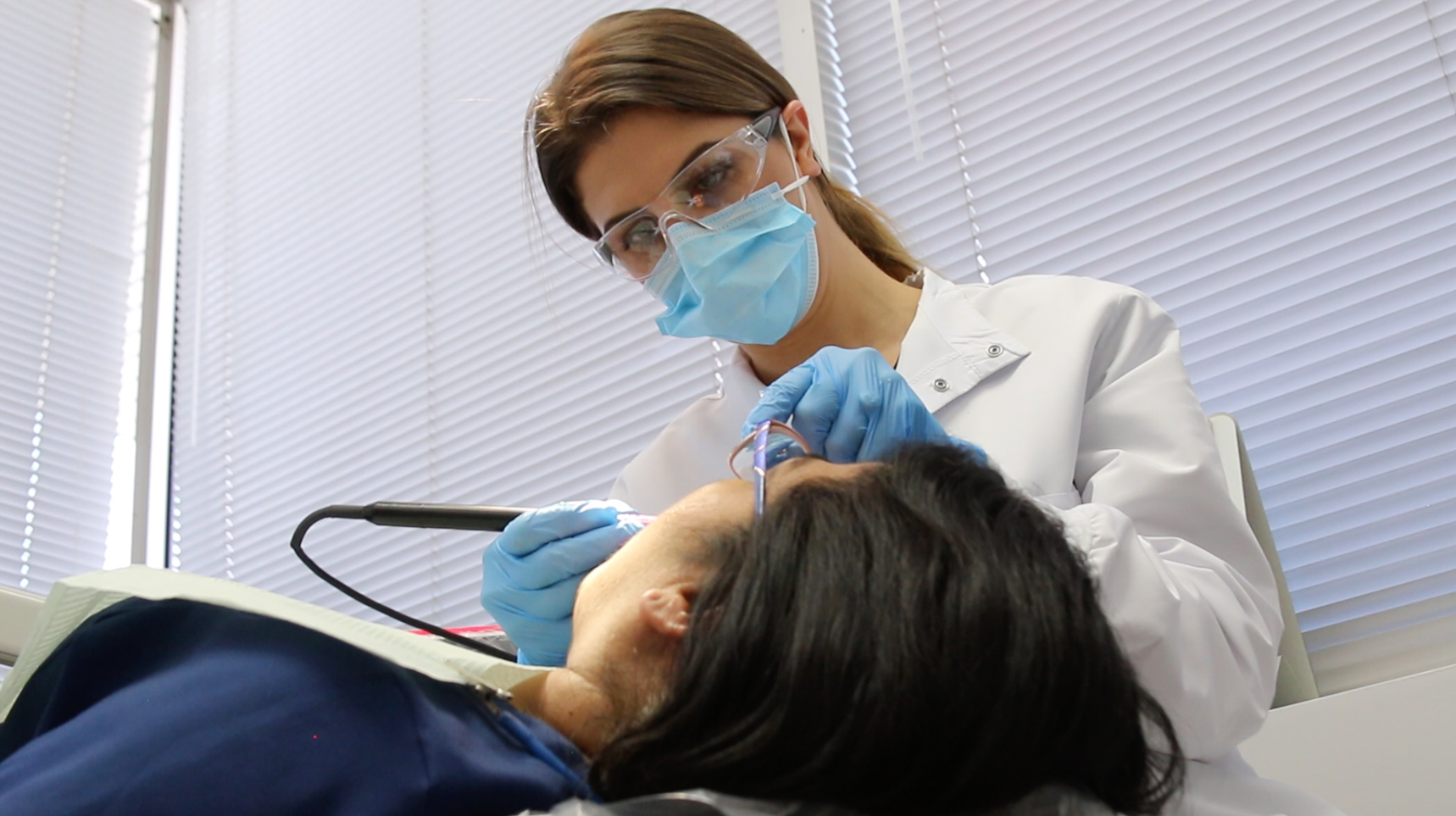You’ve heard the saying, “You are what you eat.” It’s also well-known that the types of foods we eat can affect our health. The person with the expertise about ‘eating right’ is a dietitian.
Vandana Sheth, a registered dietitian nutritionist (RDN), warns about falling for the latest eating craze, “There is a lot of information that’s out there in terms of food and nutrition. Every day there’s a new fad diet.”
“Ultimately, it’s identifying what’s working for [the individual]. So when you meet with a dietician, they really customize their recommendations for you so that you have a sustained relationship with food that’s doable, that’s practical, and gets you to your goals.”
Sheth has her own Los Angeles-area practice and sees clients one-on-one. “A good session with me is where they’re speaking 80 to 90% of the time because I’m trying to understand what’s really going on in their lives, doing a complete nutritional assessment evaluation, identifying what their long-term goals are, and how can we make those little tweaks to get them on track.”
She adds, “It’s always interesting to have that impact. And that’s truly my passion to really touch people with food choices and nutrition and really make it fun and flavorful.”
“One of the most rewarding aspects of being a dietician for me personally is seeing that ‘Aha’ moment in my clients’ eyes.”
Sheth is able to see clients in person with safety protocols in place due to the pandemic. She is also working with clients virtually.
Becoming a registered dietitian nutritionist requires a bachelor’s degree, completing an internship, and passing of the registration exam. Some states require licensure and certification.
Dietitians and nutritionists can also work in a variety of settings. These may include hospitals, nursing homes, clinics, cafeterias, and for state and local governments.
The median pay in 2019 for dietitians and nutritionists was $61,270, according to the Bureau of Labor Statistics (BLS). Employment in this occupation is expected to grow eight percent in the ten-year period ending in 2029.
Employment of dietitians and nutritionists is projected to grow 8 percent from 2019 to 2029, much faster than the average for all occupations. The role of food in preventing and treating diseases, such as diabetes, is now well known. More dietitians and nutritionists will be needed to provide care for patients with various medical conditions and to advise people who want to improve their overall health.













